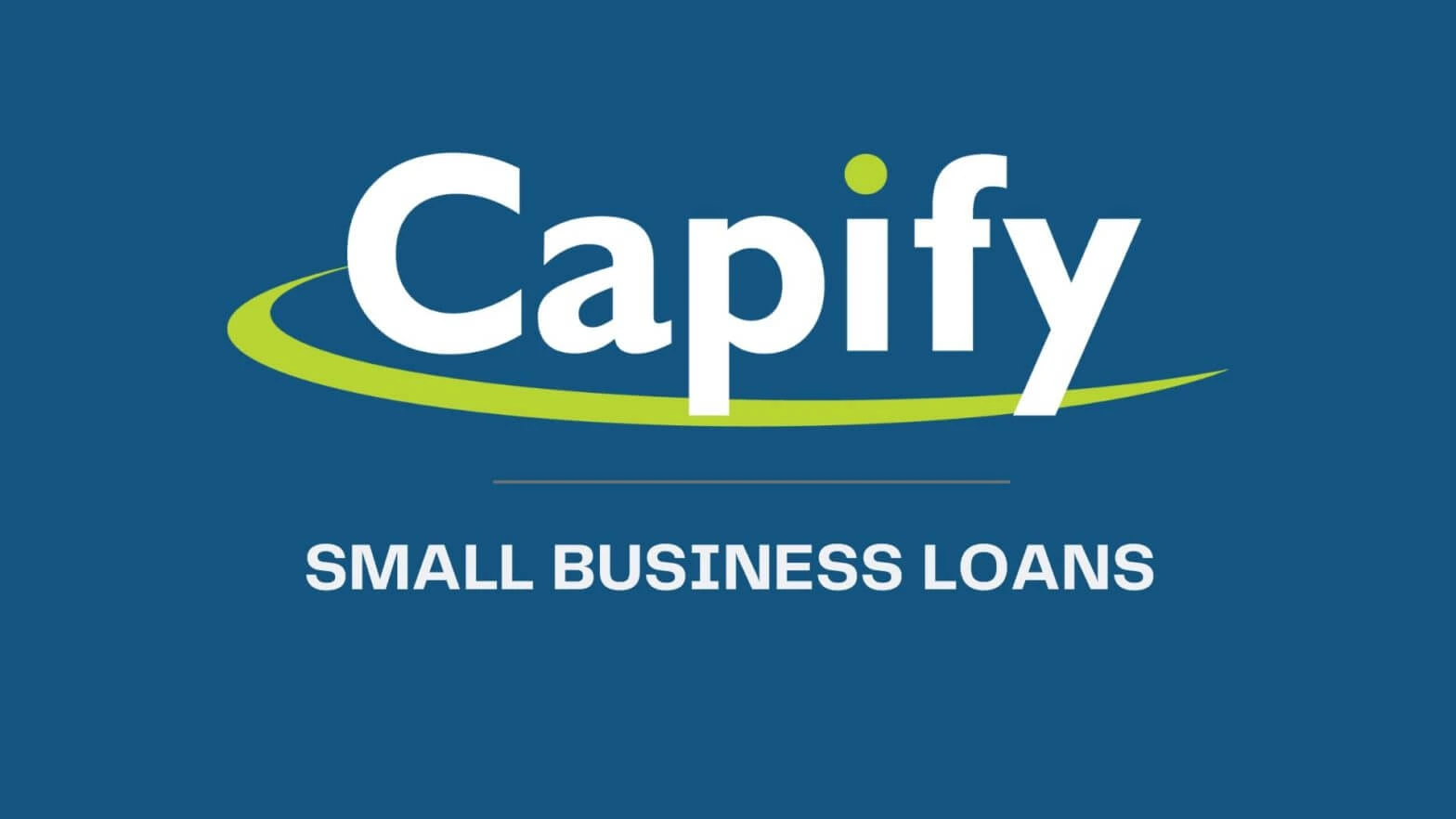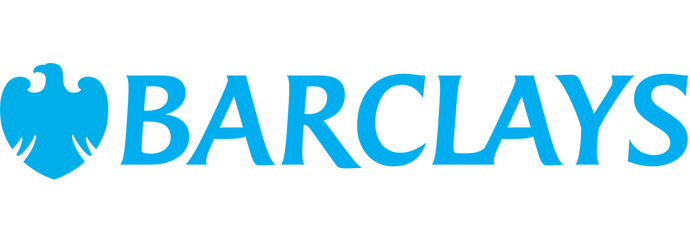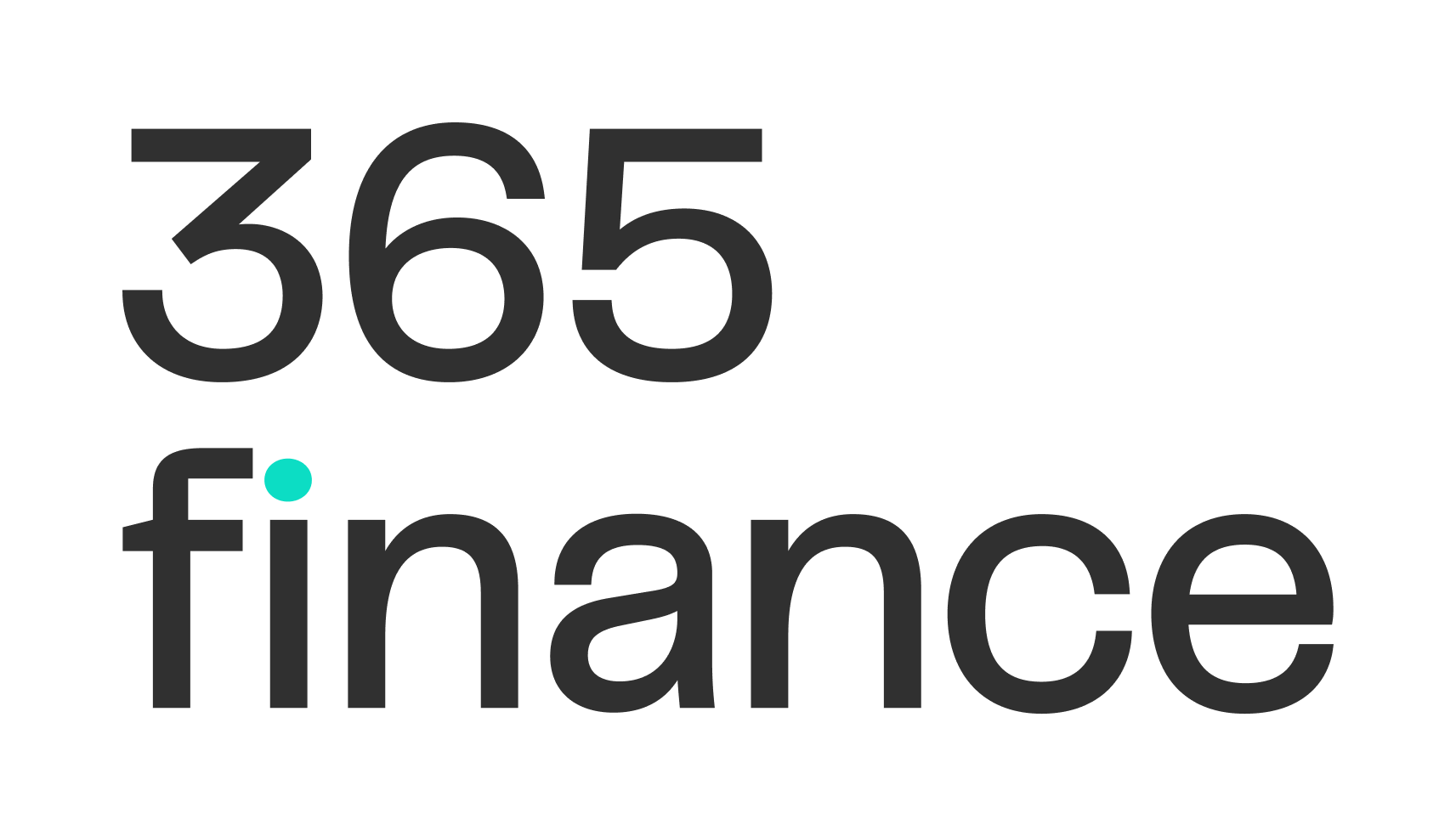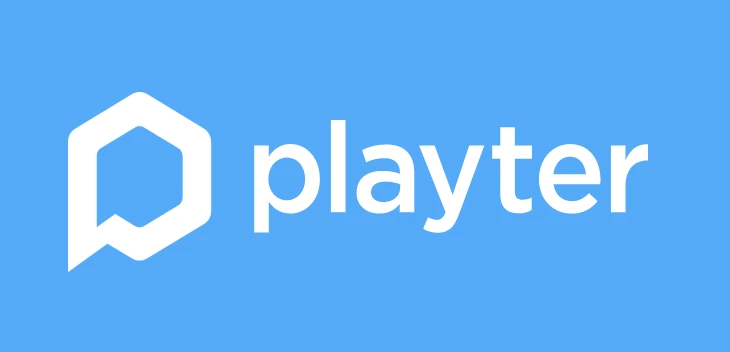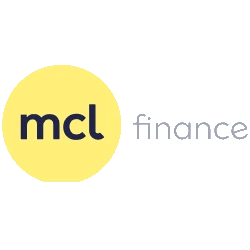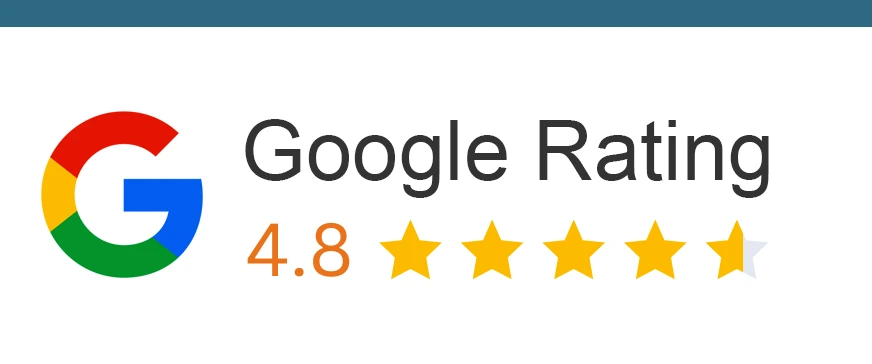Step 1: Identify Your Business Needs
Clearly outline your funding requirements—consider the amount needed, purpose (working capital, asset purchase, expansion), repayment preferences, and financial flexibility. Understanding your exact needs helps you target the most suitable lenders and finance products.
Step 2: Prepare Essential Documentation
Gather critical documents typically required by lenders, including:
Business financial statements (profit and loss statements, balance sheets)
Bank statements (usually covering the last 3-6 months)
Business and personal credit reports
Identification and business registration documents
Tax returns and VAT records
Step 3: Complete Your Online Application
Visit LoanTube.com and fill out the simple, secure online application form. Provide accurate details about your business, including financial history, revenue projections, and the intended use of the loan.
Step 4: Compare Personalized Offers
LoanTube’s advanced algorithms instantly match your application with the most relevant and competitive lender offers. Carefully review interest rates, repayment terms, fees, and conditions presented clearly on our platform.
Step 5: Select Your Preferred Offer
Choose the offer that best aligns with your business objectives and affordability. LoanTube provides transparent terms and conditions, enabling informed decision-making.
Step 6: Finalize Your Loan Agreement
Once you select an offer, complete the lender’s required formalities. LoanTube assists throughout the process, ensuring you understand every detail clearly before committing.
Step 7: Receive Funds
Upon approval and completion of formalities, funds are usually transferred directly to your business account within 24 to 72 hours, enabling quick and efficient use of your financing.
Optimising your application with clear, concise information and complete documentation significantly increases the chances of approval and faster access to funds.









